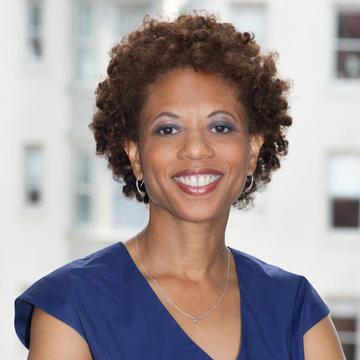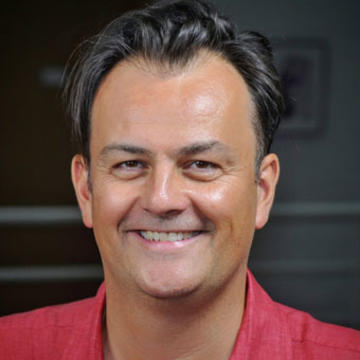What does unity look like?
The leaders of UVA's Democracy Initiative reflect on Joe Biden's inauguration
Read the full interview at UVA Today
Speaking at his inauguration Wednesday, newly sworn-in President Joe Biden issued a call for healing and unity from the steps of the U.S. Capitol.
Biden, joined by new Vice President Kamala Harris, gazed out over a sea of flags representing the many thousands of Americans who could not celebrate his inauguration in person during the ongoing coronavirus pandemic, and acknowledged that the country faces many challenges. Even the steps where he was standing had been overrun by an insurrection exactly two weeks ago.
Unity, the new president said, is the path forward.
“I know that speaking of unity can sound to some like a foolish fantasy. I know that the forces that divide us are deep, and they are real. But I also know that they are not new. Our history has been a constant struggle between the American ideal, that all are created equal, and harsh, ugly reality of racism, classicism, nativism …” Biden said, citing moments of crisis through American history. “In each of those moments, enough of us have come together to carry us forward and we can do that now. This is our historic moment of crisis and challenge, and unity is the path forward.”
Students and faculty at the University of Virginia have been reckoning, and will continue to reckon, with the issues Biden referenced through a range of efforts focused on democracy, both in the United States and worldwide. UVA’s Democracy Initiative, for example, was founded in 2018 and uses research, teaching and public events to explore pressing challenges to democracy worldwide and share insights with students, researchers, policymakers and the public.
On Wednesday, we spoke with the initiative’s leaders, Co-Director for Policy and Public Affairs Melody Barnes and Co-Director for Academic Affairs Laurent Dubois, to get their take on Biden’s call for unity. Barnes, who directed the White House Domestic Policy Council during President Barack Obama’s administration, is also a professor of practice at UVA’s Miller Center of Public Affairs and a Distinguished Fellow at the School of Law. Dubois is the Democracy Initiative Professor in the Corcoran Department of History.
Here are their thoughts.
Q. Joe Biden has repeatedly referenced his hope of bringing the country together. What will that actually look like, in your opinion?
Dubois: All of the events of the last few years and the last few months have really made us think about our institutions and Americans’ investment and involvement in the project of democracy itself. As a historian, when I think about what unity might look like now, I think both about the more recent challenges we are dealing with, such as the role social media plays in our politics and our discourse, and then very old issues, questions around race and equality that have essentially been at work since the founding of this country.
We need to find a way to hold, at the same time, our most pressing immediate needs alongside an understanding of the large sweep of our history. Understanding that history, in all its complexity, is the best foundation for unity, and allows us to come together to participate in the future of our democratic institutions, which offer powerful tools for shaping democracy. We will not be united in all of our opinions, of course, but perhaps we can agree on the importance of the tools of democracy in shaping our future.
Barnes: I agree, and for many Americans, both those who voted for Biden and those who did not but do accept his presidency, I think unity can come through a spirit of tolerance and pluralism. Joe Biden has already indicated that he wants to reach out to all Americans. I think that will show up in the form of empathy and policy—for the plight of Americans who have lost loved ones to COVID-19, who are suffering because of the pandemic, who are economically insecure in a number of other ways, or who just do not feel like their voices have been heard, especially when it comes to issues of race and ethnicity.
I also think that the way the new president carries himself and approaches his work will be important to many Americans. “Dignity” and “competency” are words that I have heard quite a bit—from progressives and conservatives. Many Americans hope for thoughtful attention to the process of governing, as well as reliance on facts so their circumstances improve.

